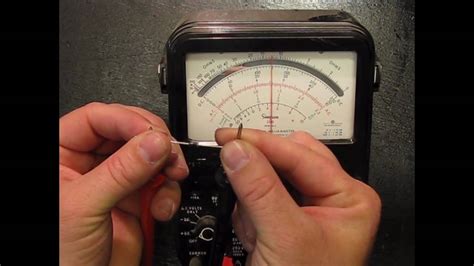
Diode Test: The Different Techniques Based on the Type of Diode
Understanding Diodes and Their Importance in Electronics Before diving into the testing techniques, let’s briefly discuss what diodes are and why they are vital in[…]
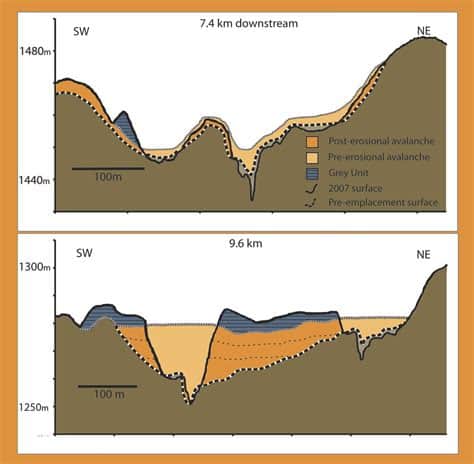
Cross Sections – What is their Purpose ?
What is a Cross Section? A cross section is a view of an object as if it had been cut along a plane, revealing the[…]
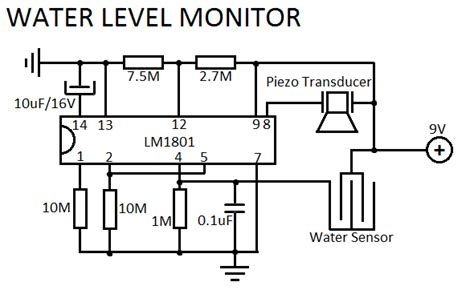
Water Level Sensors: Everything You Need To Know
What are Water Level Sensors? Water level sensors are devices that measure the height of water or other liquids in a container or a natural[…]
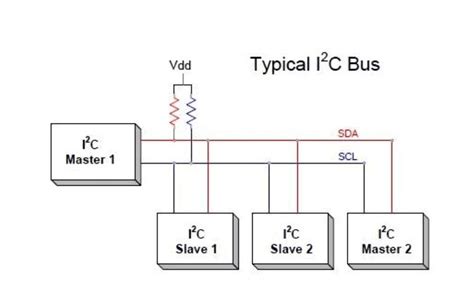
SPI vs. UART: Serial Communication Protocols for Microcontrollers and Embedded Systems
Introduction to Serial Communication Serial communication is a method of transmitting data between devices one bit at a time, as opposed to parallel communication, which[…]
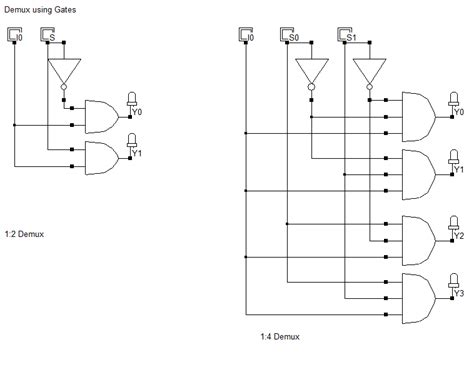
Multiplexer IC – A Complete Guide
Introduction to Multiplexers A multiplexer, often referred to as a “mux,” is a fundamental component in digital electronics that allows multiple input signals to be[…]
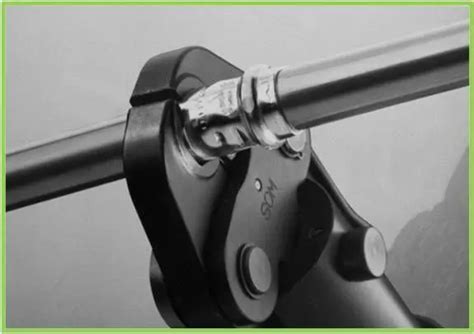
Press Fit: A Comprehensive Guide
What is Press Fit? Press fit, also known as interference fit or friction fit, is a fastening method that relies on the friction between two[…]
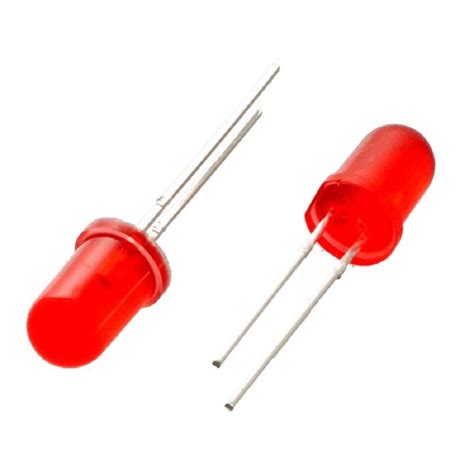
LED PCB: All You Need to Know
What is an LED PCB? An LED PCB, or light-emitting diode printed circuit board, is a specialized type of PCB designed to power and control[…]
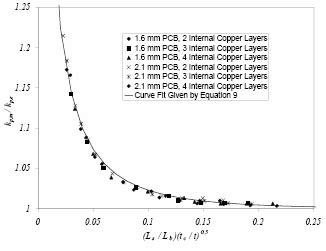
PCB Thermal Resistance: A Circuit Board’s Ability to Dissipate Heat
Introduction to PCB Thermal Resistance Printed Circuit Boards (PCBs) are the backbone of modern electronic devices, providing a platform for components to be mounted and[…]
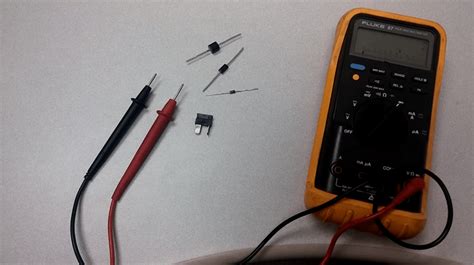
How to Test a Diode: The Best Ways to Find Faulty Diodes
What is a Diode and How Does it Work? A diode is a two-terminal electronic component that conducts current primarily in one direction (asymmetric conductance).[…]
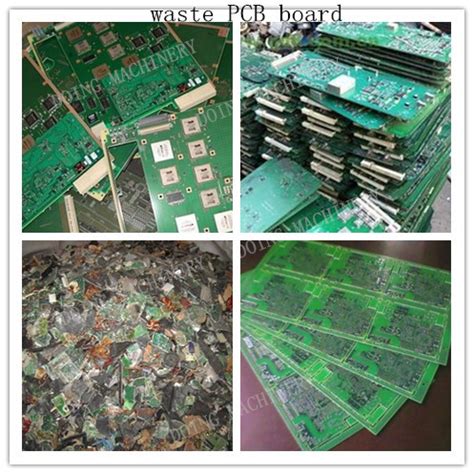
PCB Recycling: A Comprehensive Guide
What are Printed Circuit Boards (PCBs)? Printed circuit boards (PCBs) are the backbone of modern electronic devices. They are flat, thin boards made from a[…]